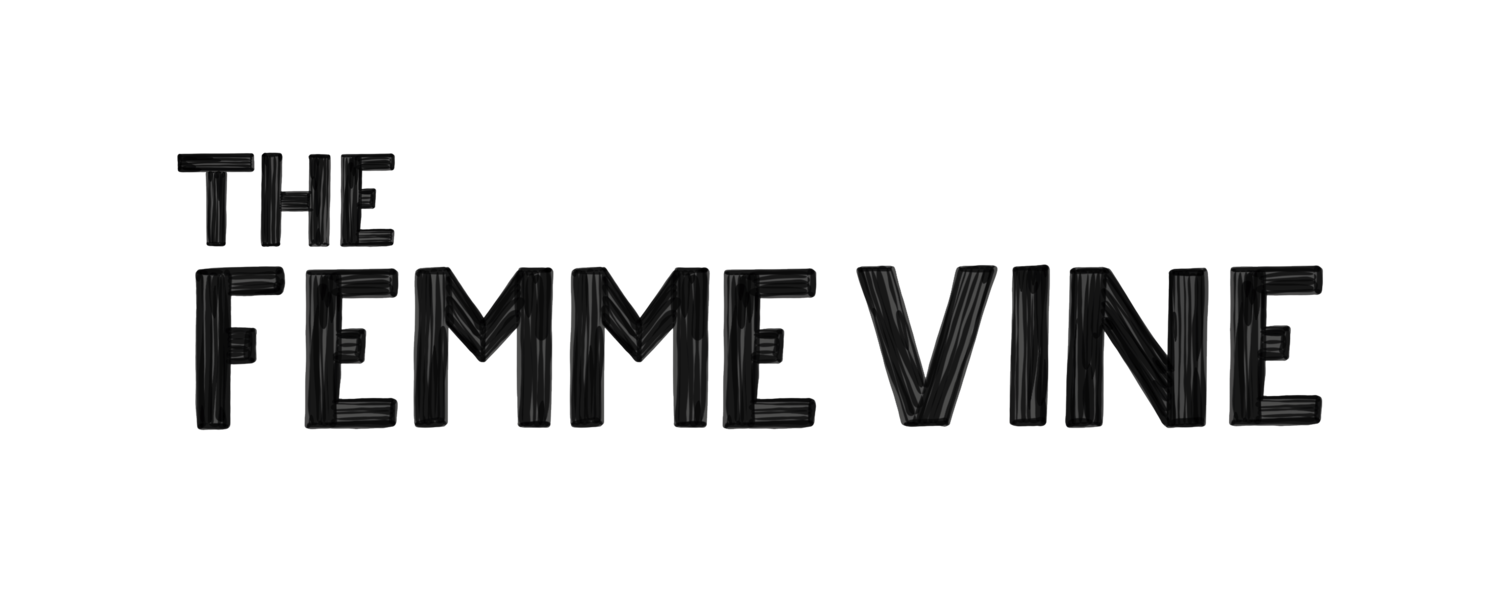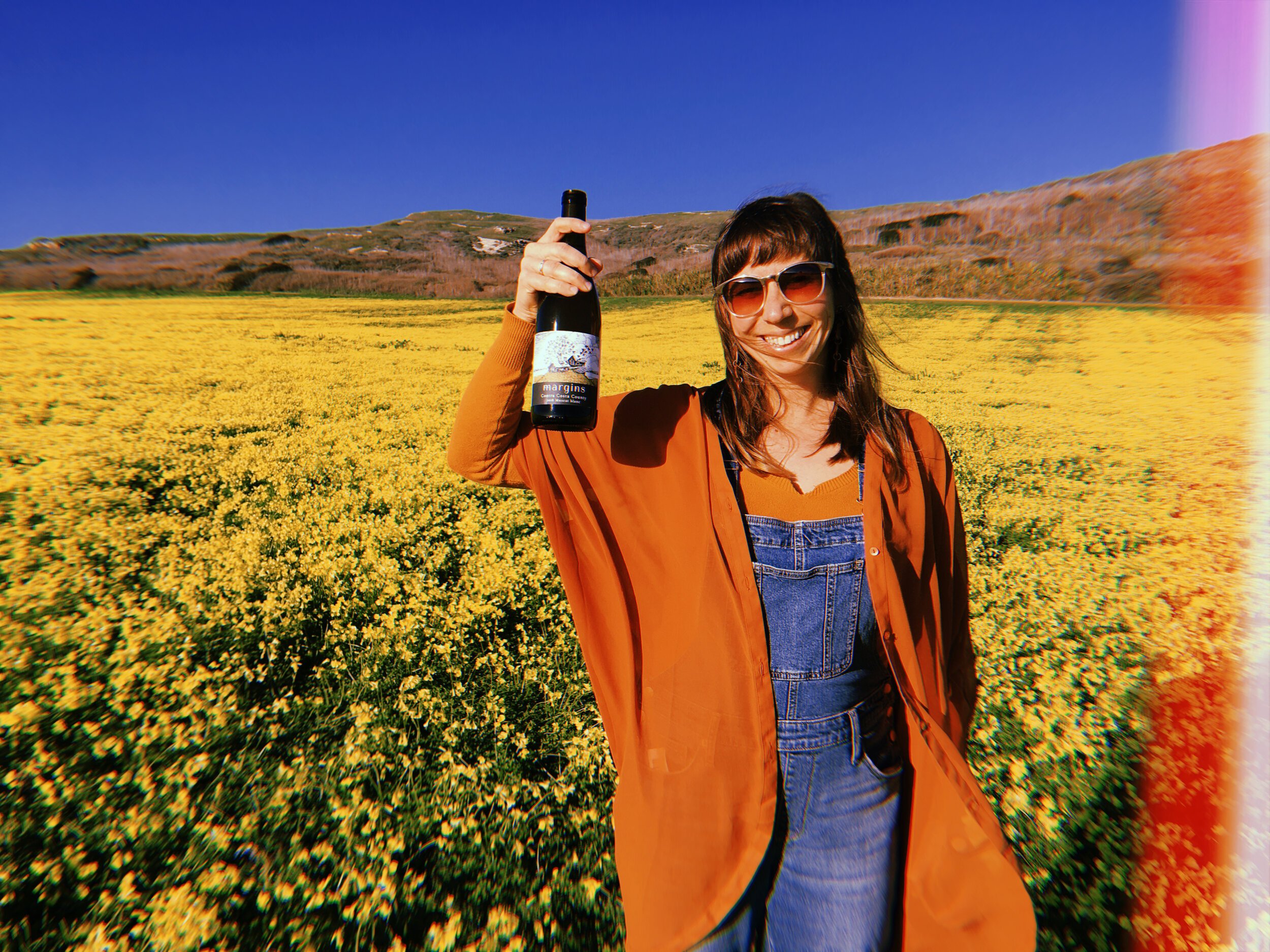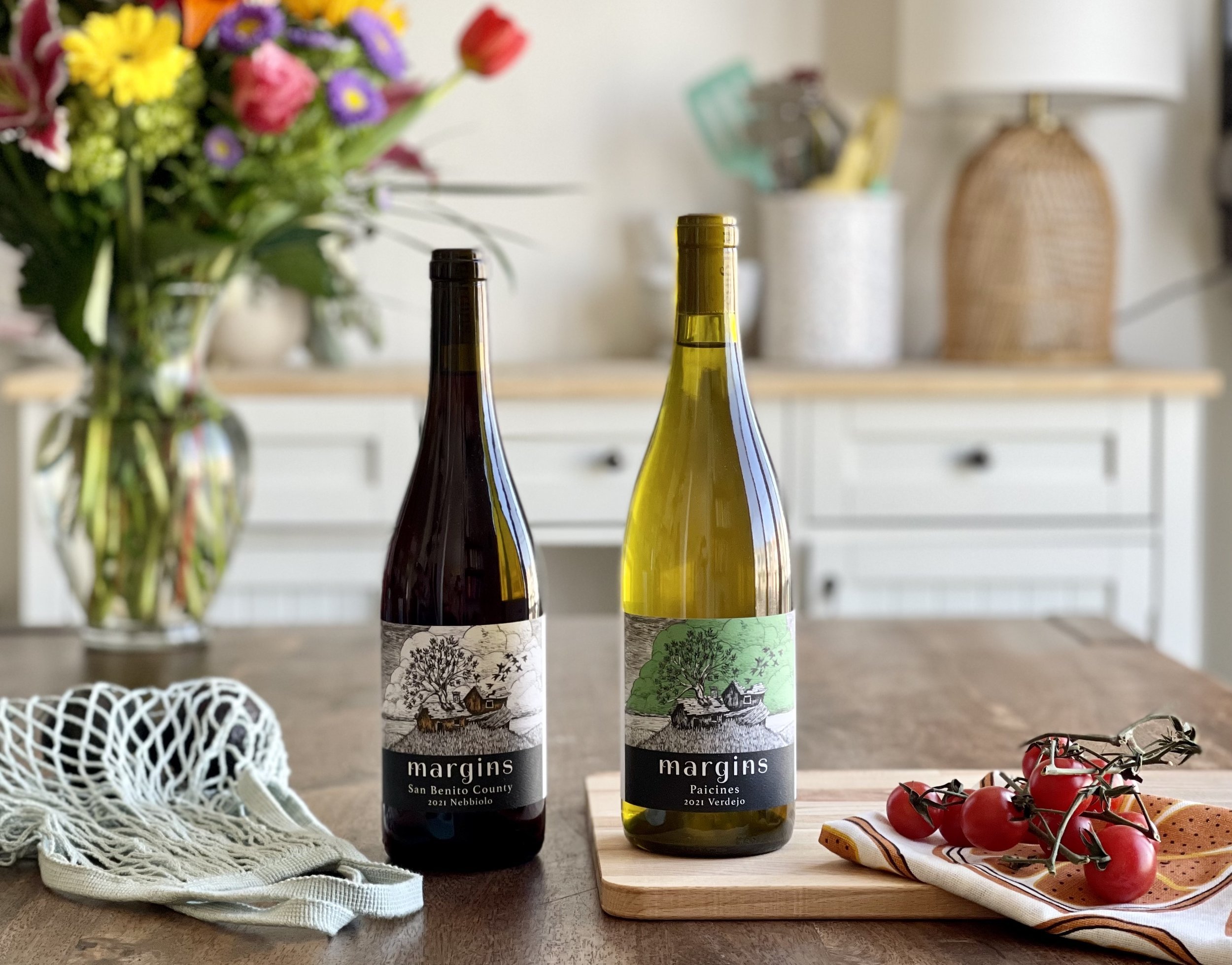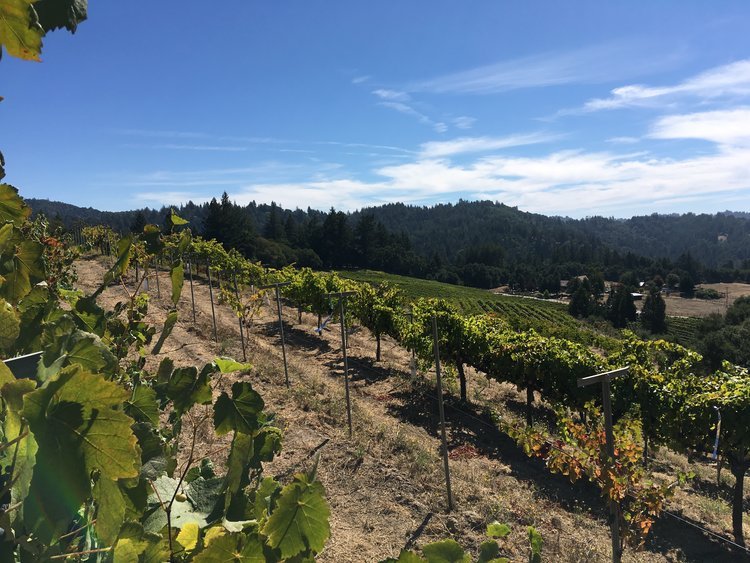Behind the vine
Megan Bell - Margins Wine - Santa Cruz Mountains, California, USA
When do you think you fell in love with wine, enough to make a career of it?
I definitely come at wine from a different angle than most people. I'm not from a wine family and I didn't grow up interested in wine, but I knew I wanted to pursue a degree that would lead to something. I wanted to do a Bachelor of Science with a direct career path that would allow me to be outside, so I studied viticulture and oenology at UC Davis.
I didn't really start to love the wine industry until after I graduated. I spent three years after college traveling around the world and working harvest internships from hemisphere to hemisphere. That's when I fell in love. I still don't think I'm super passionate about wine, but I love organic farming and I really love what I do in the winery. For me, I like knowing that I'm an expert in something. Having a background from UC Davis means I can understand the super complicated theory behind the decisions I have to make and it informs how I time my decisions. Knowing, chemically, why you would choose to do a certain thing helps me to take the low intervention approach to winemaking that I love.
What story does your wine tell?
Margins is about highlighting lesser known regions, vineyards and varietals - ones that exist on the 'margins' - and bringing those to a standard wine audience. I'm really trying to make approachable, interesting wines for everybody. I have a good foothold in natural wine, but my goal is to go beyond appealing to people who are just into natural wine and bring natural wine to people who are into wine, generally. I want to show them that this type of wine is superior because of the farming and the skill it takes to make with no intervention, or no sulfur, and to show how much more delicious these wines tend to be. A fun bottle of natural wine is going to be so much tastier than something conventionally made that you pick up elsewhere.
I see myself as an ambassador for the everyday wine drinkers. I try to be approachable on social media and not assume people have more wine knowledge than they actually do. I break things down because it's how I like to learn. I don't want to be exclusive, I want to be welcoming and down-to-earth. Not necessarily bright and friendly, but more realistic about what it's like to make this type of wine in this industry.
"Margins is about highlighting lesser known regions, vineyards and varietals - ones that exist on the 'margins'“
- Megan Bell
What misconceptions about wine do you think people should forget?
The most obvious one is that more expensive doesn't mean better. People should know the best way to buy wine is to go to a wine shop and ask the person who works there for a recommendation based on something you already like to drink. People who work in the shop want to find something that the customer is going to like and be surprised by. It's important to understand that the wine you find and spend an extra $10 on in a shop instead of buying a grocery store wine lets you support the winery and the company.
Another misconception is about how much knowledge you need to have in wine. People do not come out of the womb with wine knowledge. It's so strange that in a certain class of society there's this idea that if you don't know about wine then there's something wrong with you. There's no reason you should know that. People who work in tech aren't embarrassed that they can't code. It's the same thing in wine - there's an entire field of information and if you haven't spent time researching or being close to someone who has a ton of knowledge, how are you supposed to know all the information?
What great things about wine do you think people should remember?
Wine should be thought of the same way produce is thought of. Wine is an agricultural product, and if you're someone who is set on purchasing organic products, then you should be buying natural wine. You can't really claim investment in organic farming and agriculture if you're buying factory wines off the shelf.
Another great point to remember is that there's an entire world of wine to explore. You won't learn everything, but you can find a section of the world or a type of wine and learn about that and enjoy that and go from there. There's no reason to try to learn everything all at once, so drink what you like and keep going to wine shops, asking for recommendations, and finding more things you like. Patterns will emerge and wine won't seem so mystical!
What is a piece of advice you would give to a woman interested in breaking into the wine world?
The best advice I could give is to find 1 or 2 wineries you're really interested in learning from, or working for, and start a relationship with those people. Email them directly, ask to visit their vineyard or winery, or volunteer to work on volunteer days. I'd say make yourself available, if you can, and start that line of communication. As women, we have the tendency to dismiss ourselves and think 'oh no one will respond to me, so I won't try'. That was a big downfall of mine in the beginning of my career. I was embarrassed to reach out to people, but now that I'm on the other side I realize how special and rare it is for someone to reach out directly. When that happens I think - what an incredible person, I want to help them in any way I can.
Where can women find your wine?
You can join the wine club on my website, or find your local retailers.
Who is a women in wine you think everyone should know about?
I didn't have mentors coming up in the wine world and I really relish the people who are coming up behind me. One of whom is Rosalind Reynolds from Emme Wines. She's the assistant winemaker at Pax in Sonoma County and I see a lot of myself in her. Her wines are awesome and she's a down-to-earth and realistic winemaker. She's incredibly open, a world-class person, and a great winemaker.



